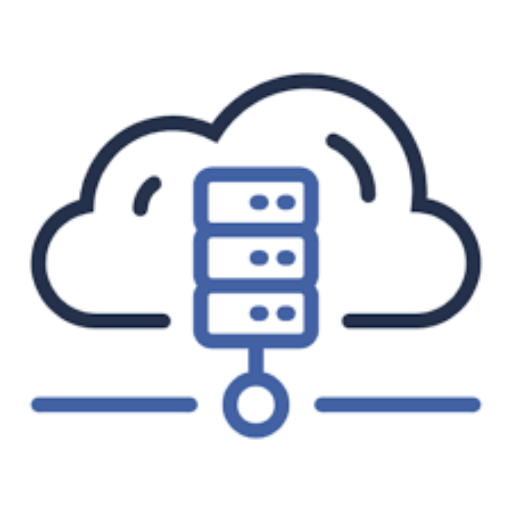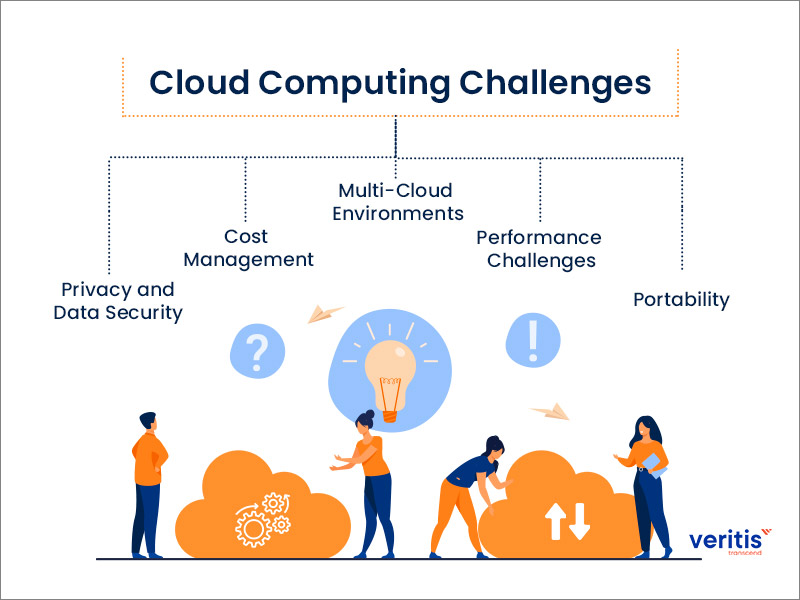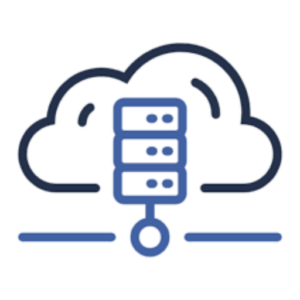
The Impact of Cloud Computing on Artificial Intelligence: Transforming Business Operations
Advertisment
Artificial Intelligence (AI) is revolutionizing various sectors, and its integration with Cloud Computing is driving significant change. This article examines the role of AI in Cloud Computing, highlighting its benefits, applications, and how businesses can harness this powerful combination to enhance operations and foster innovation.
1. Understanding AI and Cloud Computing
1.1. What is Artificial Intelligence?
Artificial Intelligence refers to the simulation of human intelligence in machines programmed to think and act like humans. It encompasses technologies such as machine learning, natural language processing, and computer vision, enabling systems to perform tasks that typically require human intelligence.
1.2. What is Cloud Computing?
Cloud Computing delivers computing services over the internet, providing on-demand access to resources like storage, processing power, and applications. This model enables organizations to scale their IT infrastructure efficiently while minimizing costs.
1.3. The Synergy of AI and Cloud Computing
The integration of AI and Cloud Computing allows businesses to leverage powerful analytics, automation, and machine learning capabilities. Cloud platforms provide the necessary infrastructure to deploy and scale AI applications, making advanced technologies accessible to organizations of all sizes.
Keywords: Artificial Intelligence, Cloud Computing, AI and cloud
2. Advantages of Integrating AI with Cloud Computing
2.1. Enhanced Scalability
AI applications often demand substantial computational power for training and data processing. Cloud Computing provides the scalability necessary to meet these demands, enabling businesses to adjust their AI workloads based on requirements.
2.2. Cost Efficiency
Utilizing cloud-based AI services allows organizations to avoid the high costs associated with dedicated hardware and infrastructure. This cost-effective approach enables businesses to implement AI solutions without significant upfront investments.
2.3. Improved Collaboration
Cloud-based AI tools enhance collaboration among teams, allowing them to share insights and work together on projects in real time. This collaborative environment can lead to quicker decision-making and increased innovation.
Keywords: scalability, cost efficiency, collaboration
3. Applications of AI in Cloud Computing
3.1. Predictive Analytics
AI-driven predictive analytics tools can analyze historical data to identify patterns and trends, assisting businesses in making informed decisions. These insights can be applied across various sectors, from marketing to finance, to forecast outcomes and refine strategies.
3.2. Natural Language Processing (NLP)
NLP technology enables machines to comprehend and interpret human language. Cloud-based NLP applications can significantly enhance customer service through chatbots and virtual assistants, delivering real-time support and improving user experiences.
Advertisment
3.3. Automation and Workflow Optimization
AI can automate repetitive tasks, relieving employees of mundane responsibilities and allowing them to focus on higher-value activities. Cloud platforms can integrate AI-driven automation tools to streamline workflows and boost productivity.
3.4. Enhanced Security
AI algorithms can analyze user behavior and detect anomalies in real time, helping to identify potential security threats. Cloud providers are increasingly incorporating AI into their security measures to improve threat detection and response.
Keywords: predictive analytics, natural language processing, automation, security
4. Challenges in Integrating AI with Cloud Computing
4.1. Data Privacy and Security
The integration of AI within the cloud raises significant concerns about data privacy and security. Organizations must ensure that sensitive data is safeguarded and that they comply with relevant regulations.
4.2. Skill Gap
Implementing AI solutions often necessitates specialized skills and expertise. Organizations may face challenges in finding or training staff with the necessary competencies to effectively leverage AI technologies.
4.3. Cost Management
Although cloud-based AI solutions can be cost-effective, organizations need to carefully monitor usage and expenses to avoid unexpected costs associated with scaling AI workloads.
Keywords: data privacy, skill gap, cost management
5. Best Practices for Leveraging AI in Cloud Computing
5.1. Start Small
Organizations should initiate their AI journey with small pilot projects to test concepts and strategies. This approach enables businesses to learn from initial experiences and gradually expand their AI initiatives.
5.2. Choose the Right Cloud Provider
Selecting a cloud provider with strong AI capabilities is critical. Organizations should evaluate providers based on their AI offerings, security measures, and support services.
5.3. Focus on Data Quality
High-quality data is paramount for effective AI applications. Organizations should prioritize data cleaning, validation, and management to ensure their AI models perform accurately.
5.4. Foster a Culture of Innovation
Encouraging a culture of innovation and experimentation is essential for successfully integrating AI into business operations. Employees should feel empowered to explore new ideas and approaches utilizing AI technologies.
Keywords: pilot projects, cloud provider selection, data quality, culture of innovation
6. Conclusion
The convergence of Artificial Intelligence and Cloud Computing is revolutionizing how businesses operate, offering enhanced scalability, cost efficiency, and innovative applications. By understanding the benefits and challenges of this integration, organizations can leverage AI in the cloud to improve operations, enhance decision-making, and stimulate growth. As technology continues to advance, the potential for AI and Cloud Computing to transform industries remains boundless.
Advertisment












Post Comment